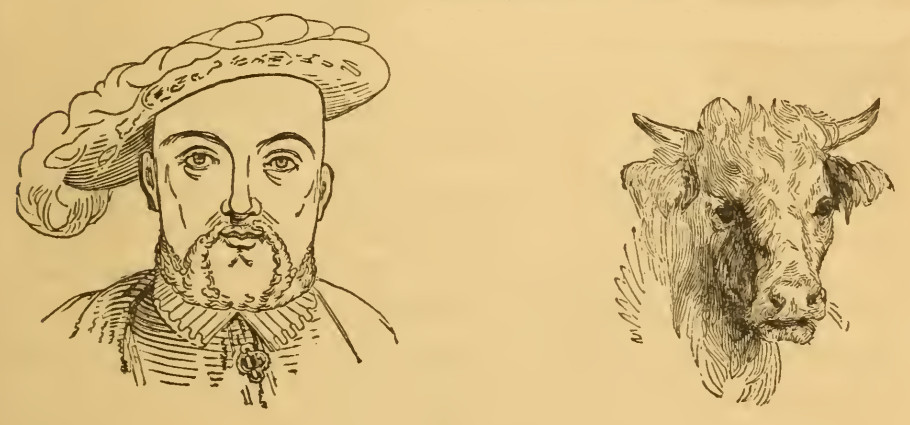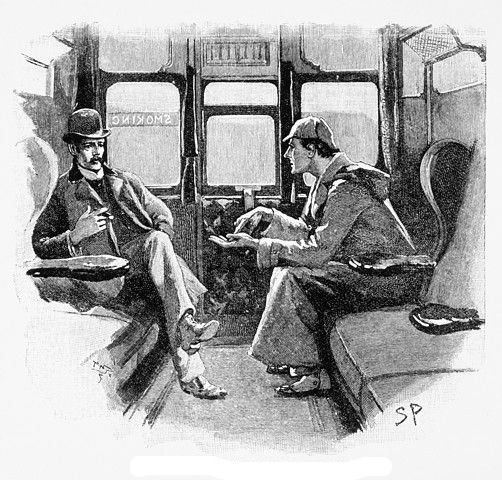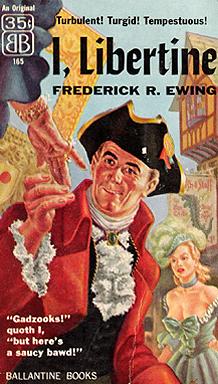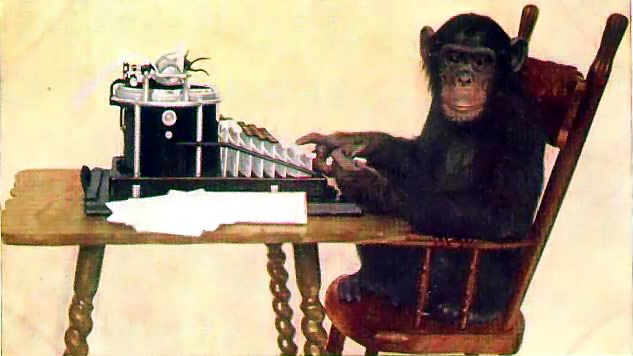
In his Comparative Physiognomy of 1852, American physician James Redfield claimed that people of a given nationality tend to resemble a certain animal, and that the animal’s disposition illuminates the national character. For example, Henry VIII, a representative Englishman, resembles a bull: “A ‘bull-neck’ suggests the idea of a tyrannical disposition, or of irresistible desire, and is never spoken of in the way of compliment. … When oxen draw together in a yoke, they lean away from each other, so as to be under the necessity of holding each other up. This is on account of their great repulsiveness — a trait which was mentioned as being a prominent element of the English character.”
The table of contents gives the general tone:
Chapter 2. Resemblances of Germans to Lions
Chapter 14. Resemblances of Laplanders to Reindeers
Chapter 16. Resemblances of Arabs to Camels
Chapter 19. Resemblances of Italians to Horses
Chapter 23. Resemblances of Chinamen to Hogs
Chapter 29. Resemblances of Frenchmen to Frogs and Alligators
Chapter 34. Resemblances of Jews to Goats
He even compares Turks to turkeys. I’m not aware that he ever actually visited these places, but I suppose that’s not necessary to reach these sorts of conclusions.
The whole thing is in the Internet Archive.
03/24/2022 UPDATE: Reader Manuel Saiz sent this video:





